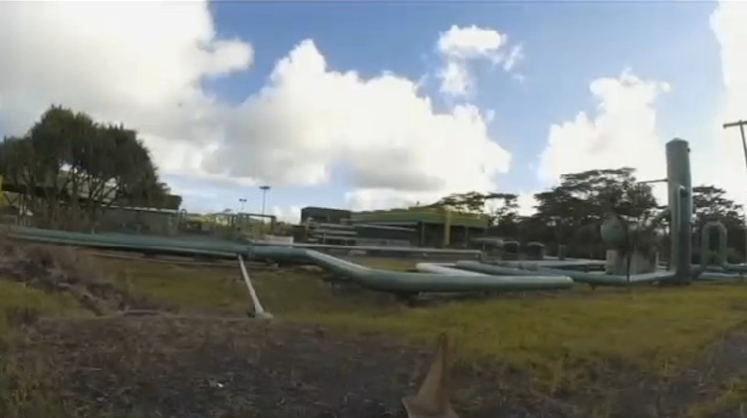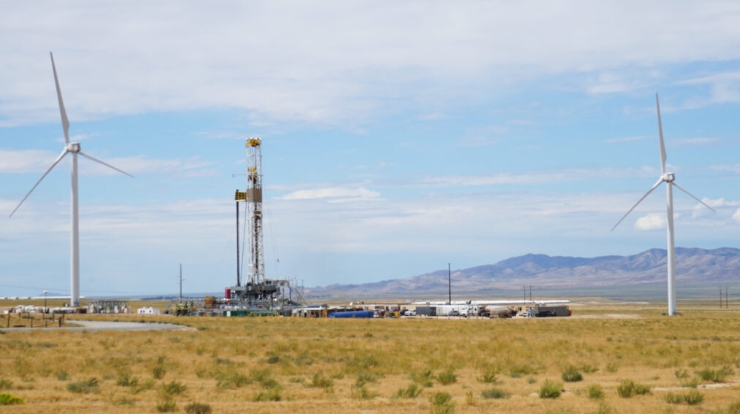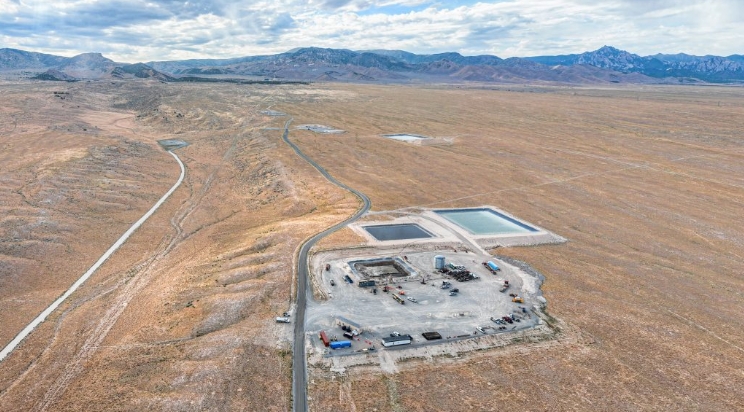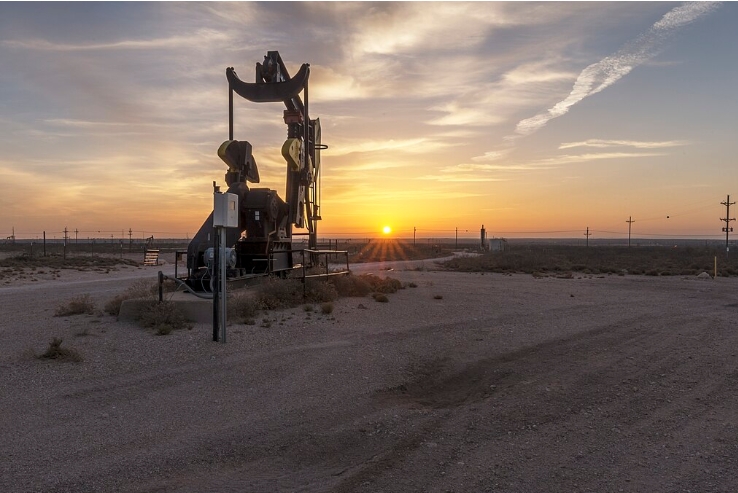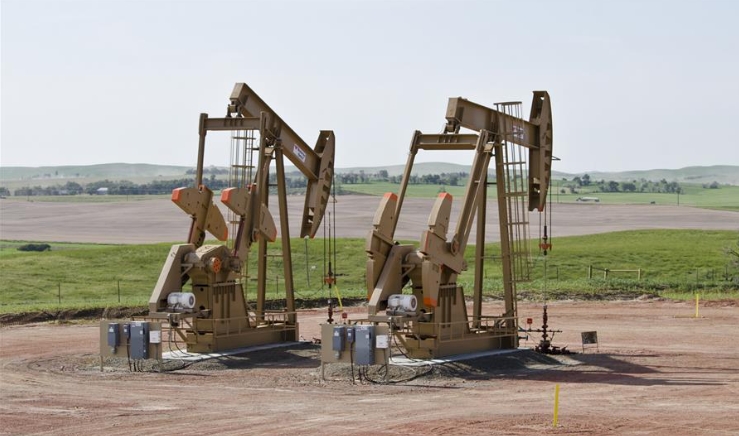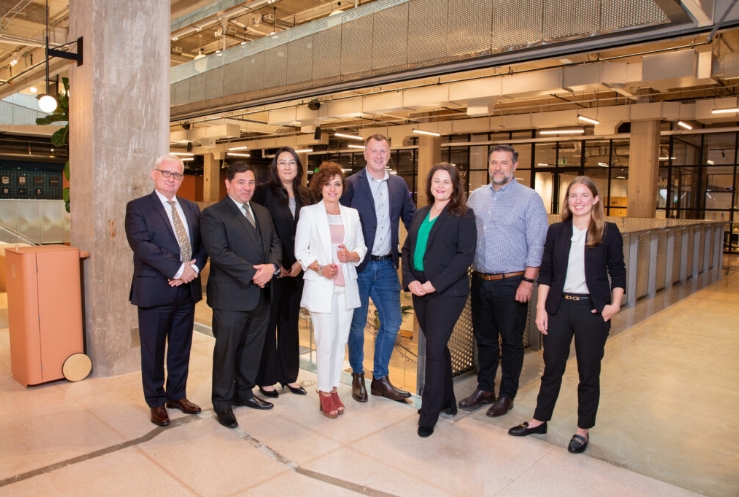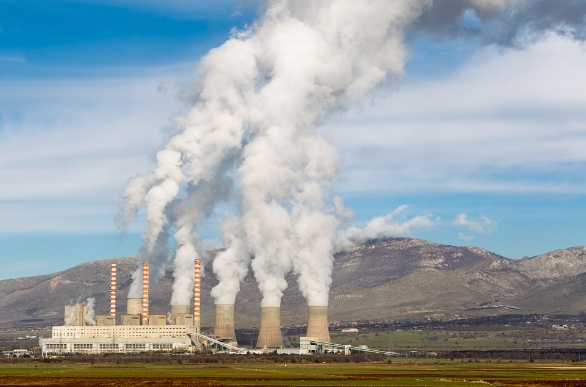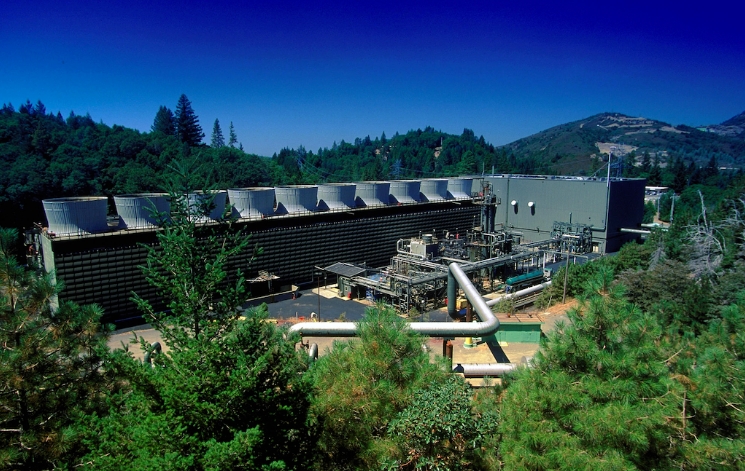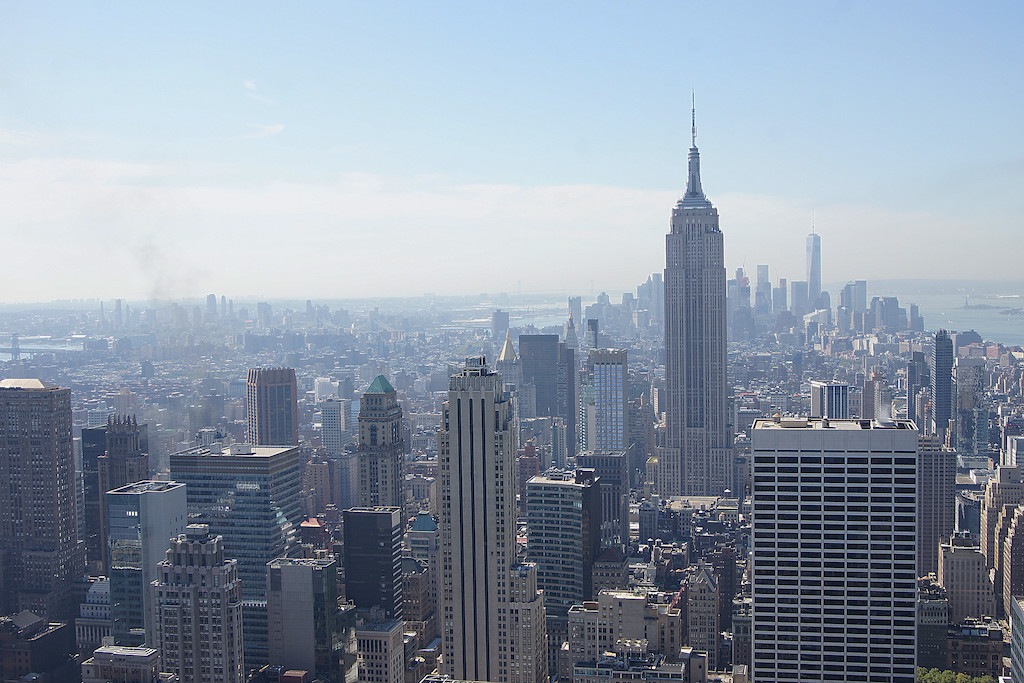
As part of Con Edison’s Clean Heat Program, the TCT Incentive will provide USD 40,000 or 50% of the eligible costs for thermal conductivity testing, whichever is lower. Thermal conductivity test boreholes are required for ground heat exchanger projects with a system capacity greater than 300,000 Btu/hr, and recommended for similar projects with a system capacity between 135,000 to 300,000 Btu/hr.
Among other requirements, applicants must submit a pre-testing application package. Con Edison will review the pre-testing application package to determine eligibility, after which Con Edison will provide written confirmation of eligibility to the applicant. After testing has been completed, the Participating Clean Heat Contractor must submit a post-testing application package. Con Edison will then review the post-testing application to determine the final incentive. Con Edison shall have the right to disseminate the test results from projects which received the Incentive, in aggregated or disaggregated form.
Offsetting a barrier to entry
Brightcore executives saw the opportunity to approach Con Edison with the idea for the test well incentive program to help reduce the pre-development costs for potential clients considering a geothermal heating and cooling system. Geothermal Heating and Cooling systems have the potential to greatly reduce the energy and resulting greenhouse gas emissions required to heat and cool buildings. In New York City alone, nearly 70% of GHG emissions are the result of heating and cooling the built environment.
“I’m quite proud of our team for recognizing an opportunity here to offset a potential barrier to entry for our clients and increase the adoption of geothermal heating and cooling systems. We pride ourselves on the intellectual capital that our team brings to our clients, and this is clear evidence of that,” said Mike Richter, President of Brightcore Energy.
Brightcore had been recently contracted to provide turnkey services to a geothermal project in Bard College in New York. The company is also involved in a community geothermal project in Southeast Washington, DC, as well as in geothermal drilling at the Manhattanville campus of Columbia University.
